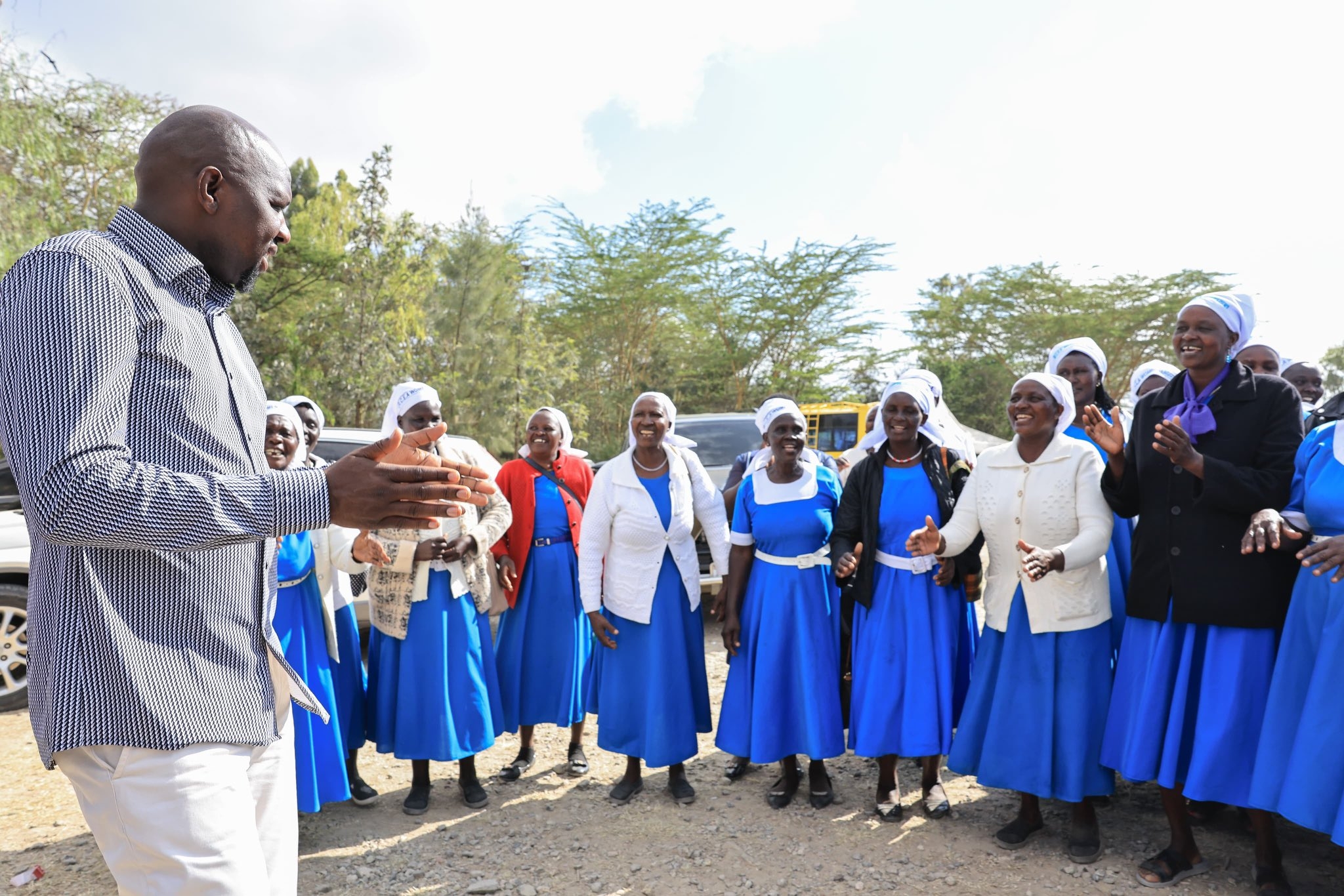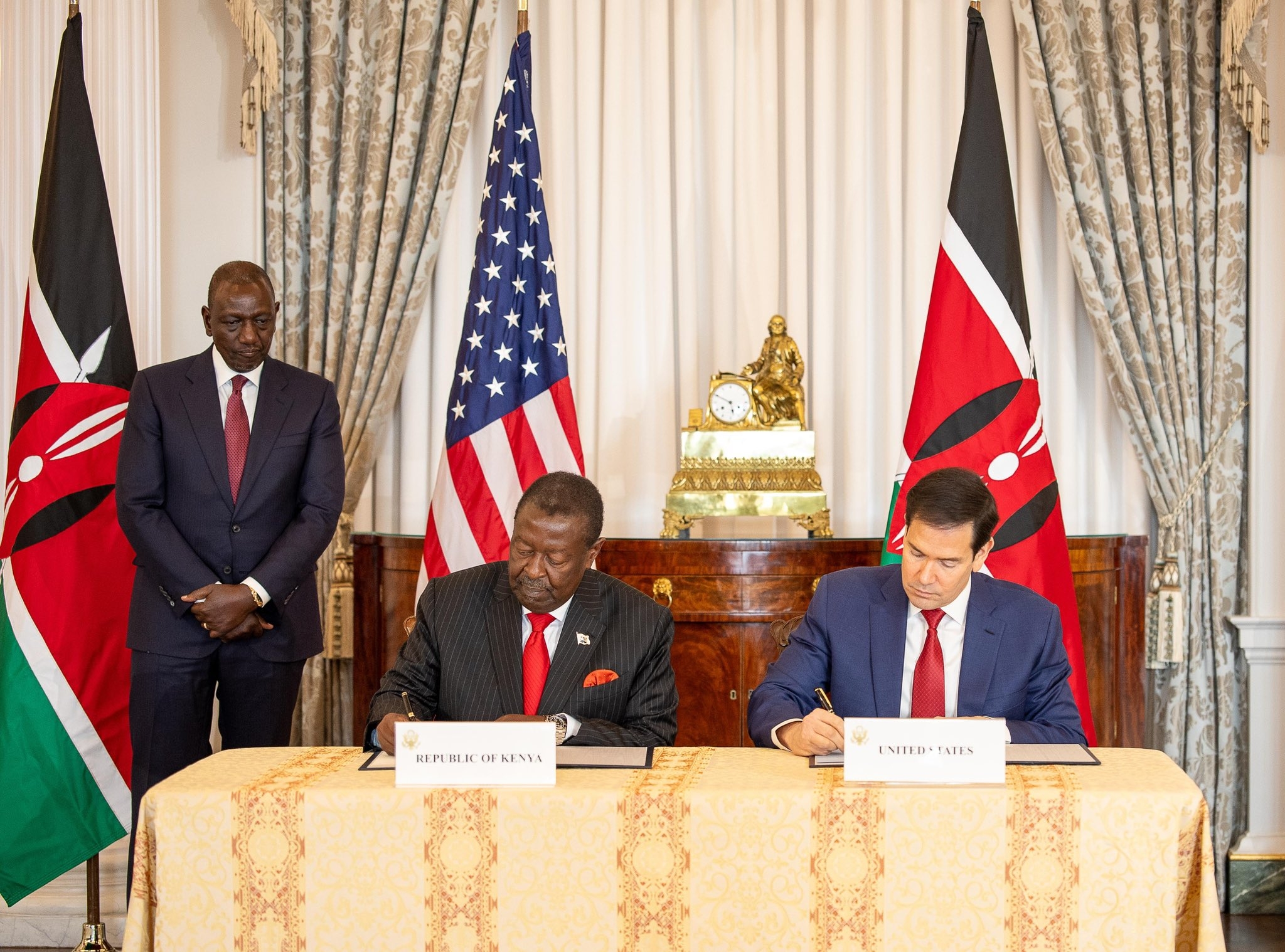 Bertha Argueta is a Senior Advisor for Climate Finance and Development at Germanwatch
Bertha Argueta is a Senior Advisor for Climate Finance and Development at GermanwatchIn 2024, the world surpassed the 1.5°C global warming threshold for the first time. This stark milestone underscored our collective failure to decarbonise our economies fast enough. It also highlighted the lack of ambition among the world’s biggest historical emitters.
As temperatures continue to rise, the need for climate adaptation becomes increasingly urgent. Similarly, the growing demand for adaptation finance, particularly in developing countries already facing escalating climate impacts, is also evident.
Notwithstanding these escalating impacts, in recent years less climate finance has been allocated to adaptation than to mitigation, despite developing countries’ growing emphasis on and prioritisation of adaptation.
Although developed countries had previously committed to balancing adaptation and mitigation finance in their support for developing nations, adaptation funding continues to lag.
Discussions on achieving this balance have been hindered by disagreements over how to interpret the commitment to “balance,” as well as the absence of agreed baselines and methodologies for tracking climate finance.
Meanwhile, many countries and organisations have criticised the current model of adaptation finance provision and mobilisation due to its heavy reliance on debt-creating instruments. These instruments worsen the indebtedness of vulnerable developing countries, increasing their exposure to climate risks.
Additionally, concerns have been raised about the lack of accessible finance for locally led adaptation actions.
After years of negotiations, Parties to the United Nations Framework Convention on Climate Change (UNFCCC) agreed at COP 29 on a New Collective Quantified Goal for Climate Finance. This was to build on the previous politically agreed $100 billion goal by developed countries.
The new goal aims to mobilise $300 billion by 2035. But this is far below the estimated needs of developing countries. The goal also fails to set any specific target for adaptation finance, leaving many developing nations disappointed and facing increased climate threats.
The new climate finance goal also calls on all actors to scale up finance for developing countries from all sources to at least $1.3 trillion annually. It launches a COP Presidency-led process to develop a roadmap towards this target: the Baku to Belém Roadmap.
This process is being led by the presidencies of COP 29 (Azerbaijan) and COP 30 (Brazil).
Although largely considered a non-negotiated outcome, and surrounded by uncertainty regarding its nature and purpose, this roadmap presents an opportunity to address the persistent shortfall in adaptation finance, in line with the needs and priorities of developing countries.
But for the roadmap to fulfil this purpose, it must address four key elements to improve the provision and mobilisation of adaptation finance.
Foremost, it must set an adaptation finance target. The roadmap must outline a pathway to balance adaptation and mitigation finance by establishing a clear adaptation finance target within both the $300 billion goal and the $1.3 trillion target.
Most importantly, these targets must be grounded in the needs of developing countries. To do this, the targets could build on existing commitments, such as the pledge by developed countries to double adaptation finance by 2025.
In the context of the $300 billion goal, adaptation finance should increase at least threefold from the highest level recorded in the past four years. Providers must also set their targets as part of their development and climate finance planning.
Secondly, the target must prioritise quality, not just quantity. Grant-based finance must be prioritised to address urgent needs in vulnerable communities. Concessional and non-debt-creating instruments should play a central role in supporting essential public goods.
At the same time, debt instruments and private sector finance should be limited to sectors and activities capable of generating returns. This must also be done in a manner that does not compromise the public nature of essential services.
The process must also not put community and human rights at risk, while ensuring countries are not burdened with unsustainable or unjust levels of debt.
Thirdly, it is essential to make finance accessible. The roadmap must go beyond current measures to ensure that adaptation finance reaches those who need it most. As a priority, it must enhance access to finance for locally led adaptation initiatives that are often overlooked or underfunded.
To be truly successful, the roadmap must speed up the reform of the global financial architecture. By proposing the necessary reforms in the international financial architecture, the roadmap will help to scale up adaptation finance from all sources.
This includes tackling systemic challenges such as stringent conditions that delay funding for adaptation interventions in the developing world.
The roadmap could also explore measures that help to expand the fiscal and policy space in developing countries, notably tax and debt reforms.
Climate impacts are growing, devastating lives and livelihoods in the world’s vulnerable countries. These impacts not only hinder development but also erode the development gains that have been made.
Adaptation action and finance are becoming more urgent.
The Baku to Belém Roadmap offers a new opportunity to ensure that adaptation finance finally matches the scale of the challenge.
Countries, especially the wealthiest and most responsible nations, should seize this opportunity to respond to these challenges with the appropriate levels and quality of adaptation finance.
Adaptation inaction will only result in increased losses and damages.
Bertha Argueta is a Senior Advisor for Climate Finance and Development at Germanwatch

















